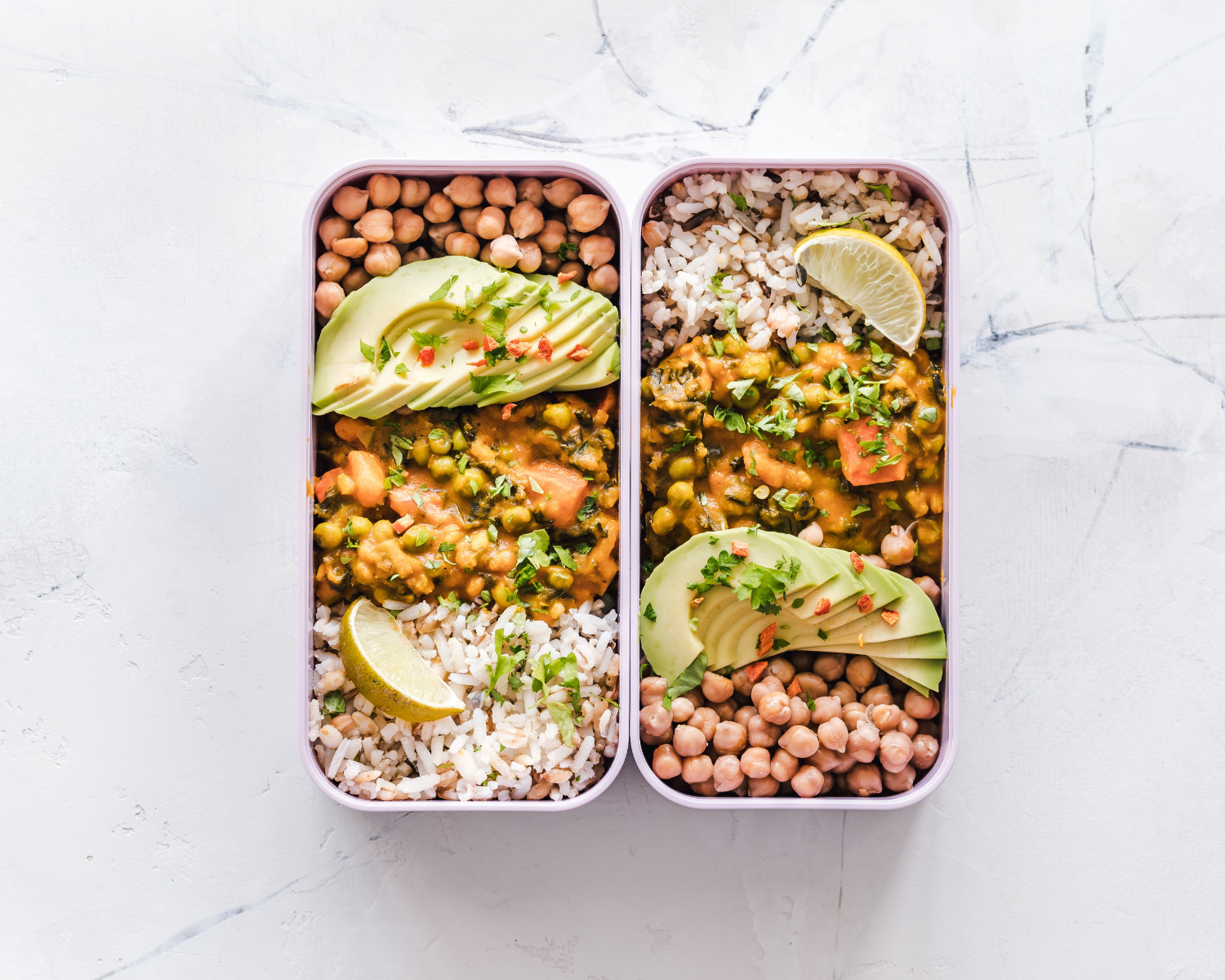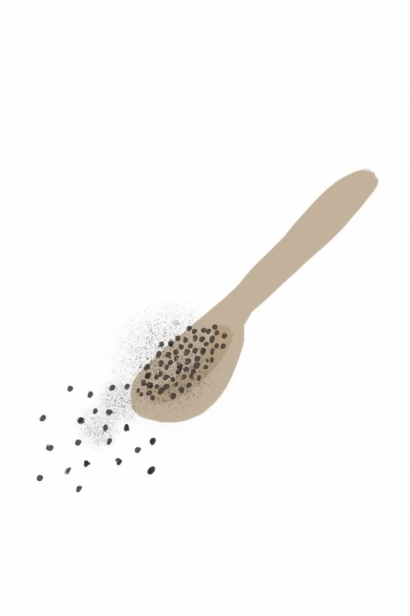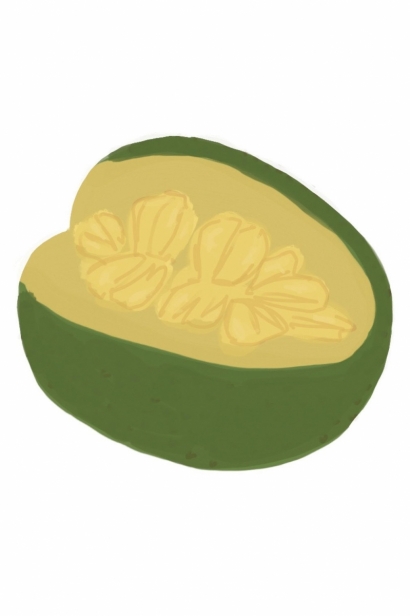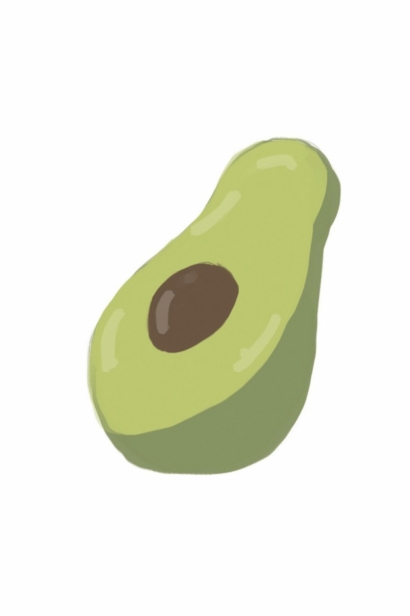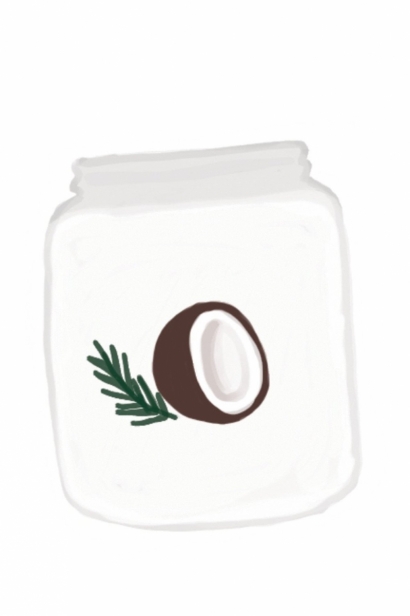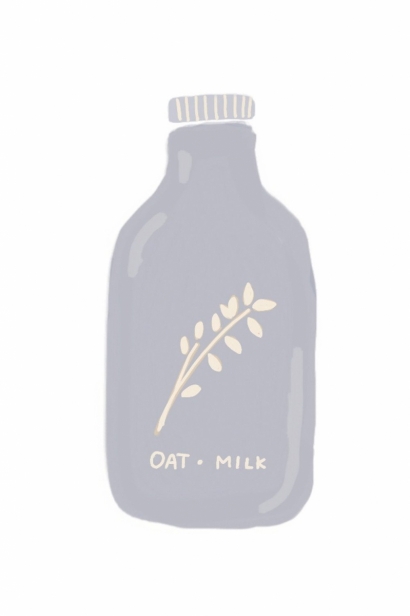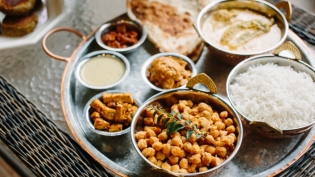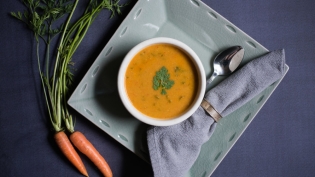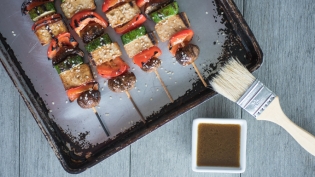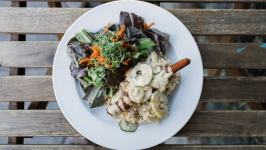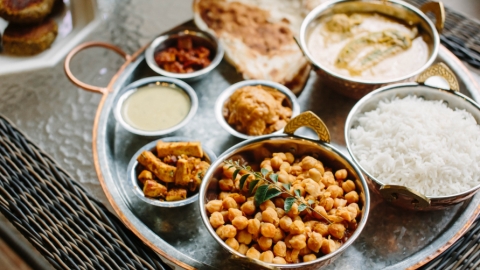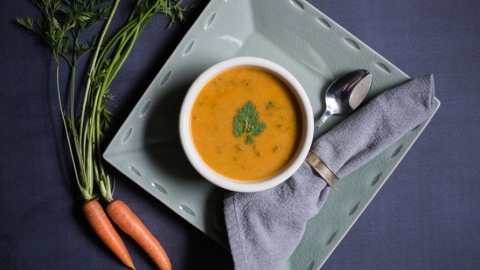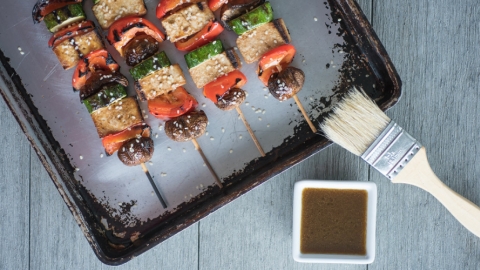10 Must-Have Ingredients for a Plant-Based Diet
More and more people are interested in plant-based and vegan diets for environmental, health, animal welfare or religious reasons. Many newcomers, however, are often intimidated by the thought of making the switch, wondering how they will get protein or whether baking is even a possibility. In reality, there are a plethora of healthy vegan options that allow for substitutions of many animal-based ingredients. To get you started, here are some foods to add to a vegan or vegetarian diet that provide easy and tasty substitutions for ingredients commonly found at almost any grocery store.
**********
Flax Seeds: High in omega-3, great for digestion and healthy skin.
Uses: Replace eggs in baked goods or pancakes or as a binder in veggie burgers. Substitute one tablespoon ground flax seed plus three tablespoons of water for one egg.
Chia Seeds: Great source of protein and fiber, these seeds have more calcium than milk and more iron than spinach.
Uses: The serving size is about two tablespoons. Great addition to oatmeal or smoothies. Also use to make Chia Pudding. As a binder, it can be used as an egg substitute or the base for a pudding-type dessert.
Nutritional Yeast: A byproduct of molasses, nutritional yeast is packed with B vitamins. Animal products are the main source of B vitamins, and since our bodies don’t store this vitamin, it is important to eat.
Uses: Nutty and cheesy in flavor, these flakes can be sprinkled and incorporated into soups, smashed potatoes, veggie burgers and popcorn.
Jackfruit: A large fruit grown in tropical locales, jackfruit is best purchased pre-processed, as the fruit can be up to 120 pounds each. You can find jackfruit at most health food stores.
Uses: Like pulled pork in texture, it is great as a meat substitute in tacos, stews and sloppy joes.
Tempeh: Made from legumes that have been fermented and formed into a firm patty. Because it’s fermented, tempeh is rich in probiotics. While often made with soybeans, there are also options for soy-free tempeh. Gainesville’s Arto Moro Tempeh is a local company making tempeh out of different beans, including black-eyed peas, adzuki beans and black beans.
Uses: Great as a meat substitute, tempeh takes on the flavors of marinades extremely well.
Legumes: Beans are a must for any plant-based diet since they pack a nutritional punch. When paired with rice, they create a complete protein.
Uses: Legumes represent the main source of protein in many countries around the world. Use in place of meat in soups, stews and burgers or meatloaf.
Avocados: Full of heart-healthy monounsaturated fat and omega-3s, rich in potassium and fiber as well as Vitamins C, E and K. They’re great for your skin, hair and nails.
Uses: Add to salads or smoothies. Great as a replacement for butter on toast or mayonnaise on sandwiches. Try it in avocado chocolate mousse, as a replacement for heavy cream.
Coconut Oil: Contains fats that increase the good HDL cholesterol in your body. It is also easier to digest than other fats.
Uses: Replacement for animal fats or butter and is great for high heat cooking.
Oat Milk: Like traditional oatmeal, this non-dairy milk substitute can help keep cholesterol levels in check. And like cows’ milk, oat milk offers calcium.
Uses: Replacement for dairy milk when baking or as a complement to a bowl of cereal, a smoothie or a cup of coffee.
Nuts and nut butters: Good source of protein and fiber; helps to lower blood LDL cholesterol.
Uses: A great non-dairy milk alternative; nuts and nut butters can provide the fat for baked goods. Add to smoothies or use as a thickener in a sauce. Eaten in small quantities, mixed nuts – cashews, almonds, pistachios, etc.–make a great snack.


